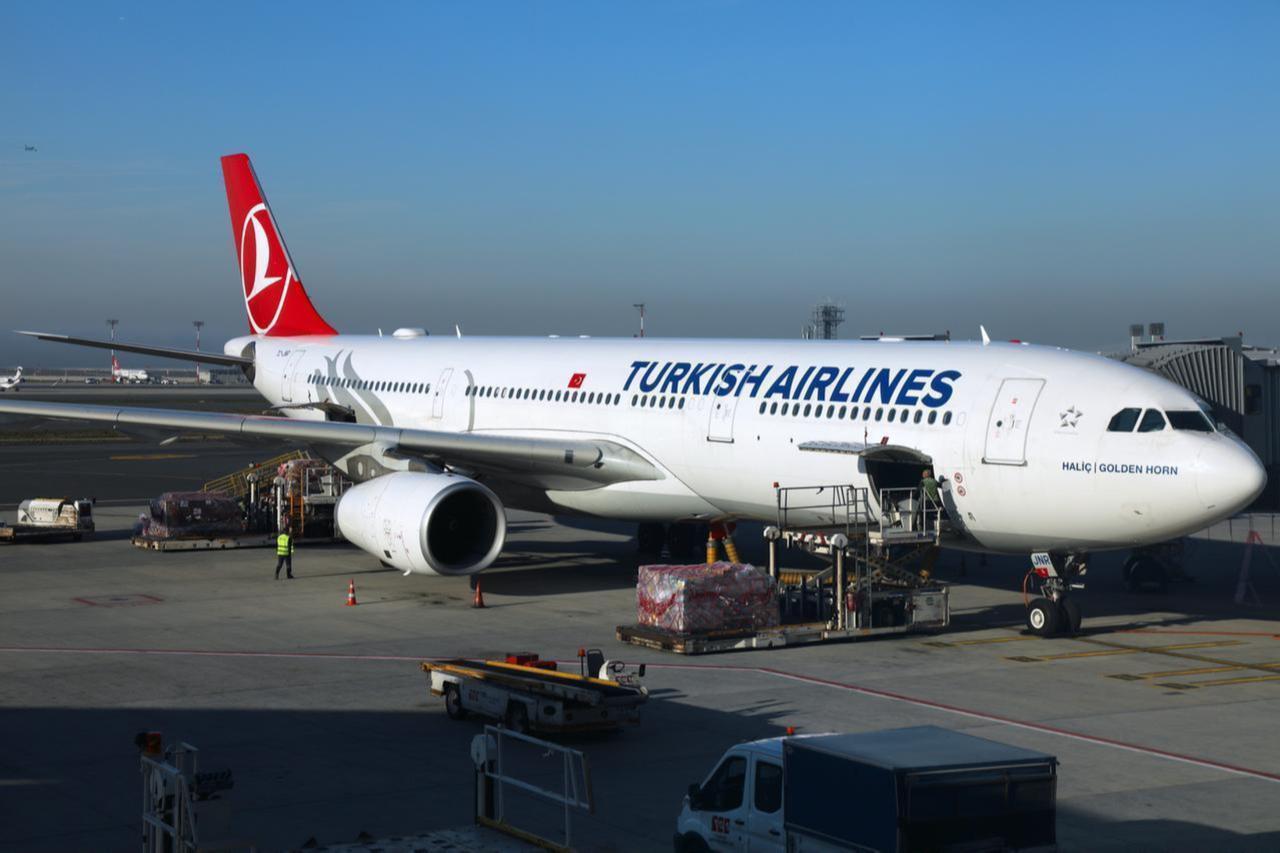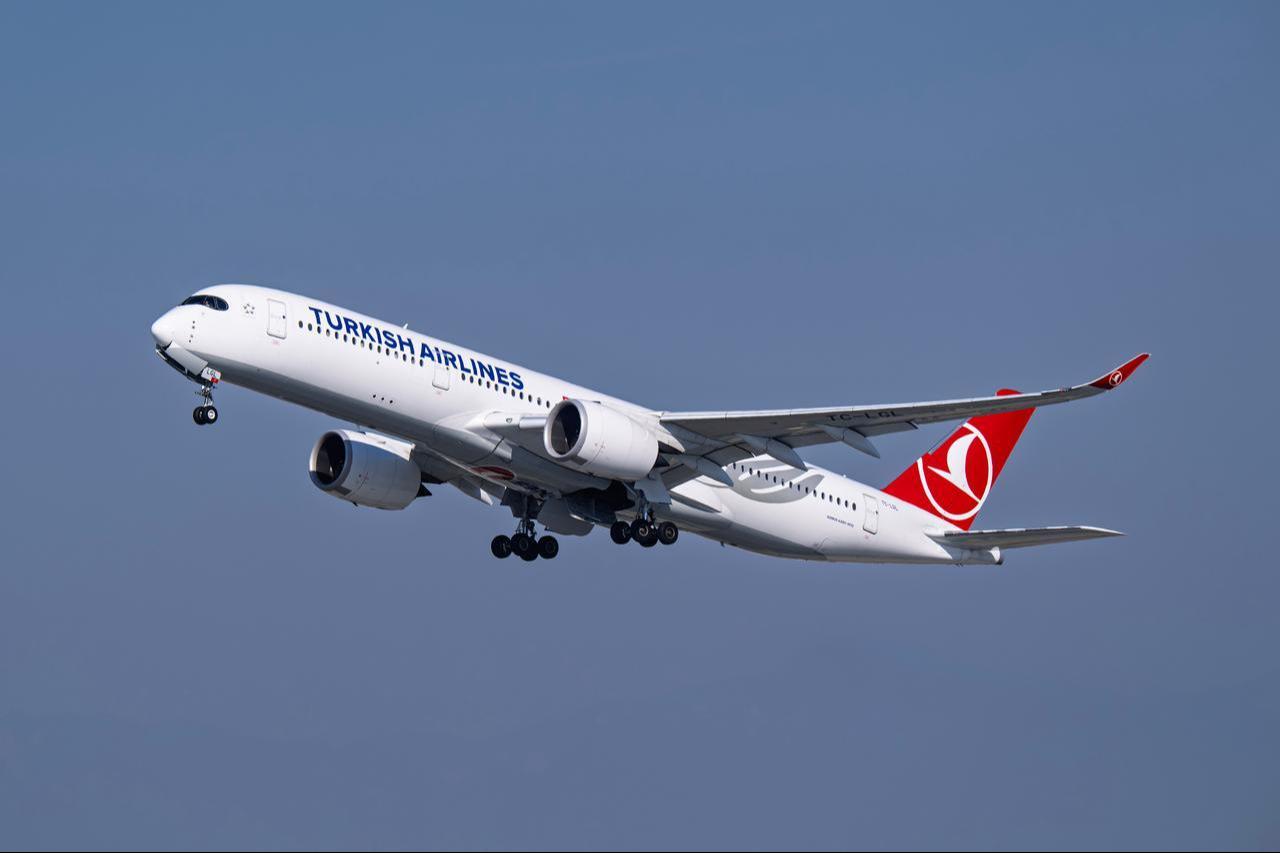
Turkish Airlines (THY) announced on Tuesday it will launch scheduled flights to Timisoara, Romania, and Yerevan, the capital of Armenia, marking the carrier's continued network expansion.
The airline disclosed the decision through Türkiye's Public Disclosure Platform (KAP), stating, "Our partnership's board of directors has decided to launch scheduled flights to the city of Timisoara in Romania and Yerevan, the capital of Armenia, subject to facilities and market conditions."
The route announcements come as Turkish Airlines advances its strategic growth plan with a significant aircraft order from Boeing. Speaking on Sept. 26, THY Chairman of the Board and Executive Committee Professor Ahmet Bolat emphasized the significance of the fleet expansion.
"The addition of new generation Boeing aircraft to our fleet will undoubtedly be one of the important components of our 2033 vision, which aims to reach a fleet of 800 aircraft," Bolat said.

Turkish Airlines reached an agreement with Boeing to acquire 75 widebody aircraft—50 firm orders and 25 options for B787-9 and B787-10 aircraft—for delivery between 2029 and 2034.
The carrier continues negotiations with engine manufacturers Rolls-Royce and GE Aerospace regarding engine selection.
Additionally, THY has completed discussions with Boeing for 150 narrowbody 737-8/10MAX aircraft—100 firm orders and 50 options. Final orders are contingent on successful negotiations with engine manufacturer CFM International.
As part of its centennial "2033 Vision," Turkish Airlines aims to expand its fleet to more than 800 aircraft.
The carrier plans to increase its ratio of new-generation aircraft to 90%, reaching 100% by 2035, with a target annual average growth rate of 6%.
"This agreement should be evaluated as a reflection of our commitment to innovation and operational excellence, which is the driving force of our leading position in the industry," Bolat said, adding, "We will continue to support the development of Türkiye's aviation ecosystem."
Turkish Airlines currently operates over 200 Boeing aircraft, including the 787-9, 777, 737 MAX, Next Generation 737, and 777 Cargo models.
The addition of 787-10 aircraft—the largest in the 787 family—will provide 25% fuel efficiency advantages while reducing operational costs and increasing passenger and cargo capacity.